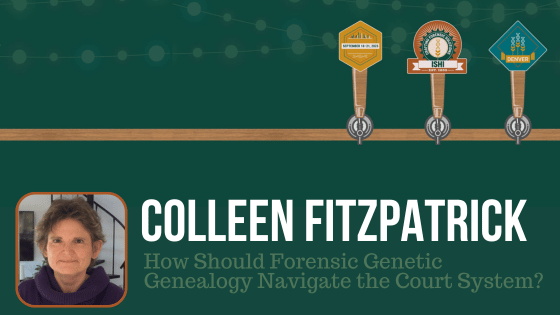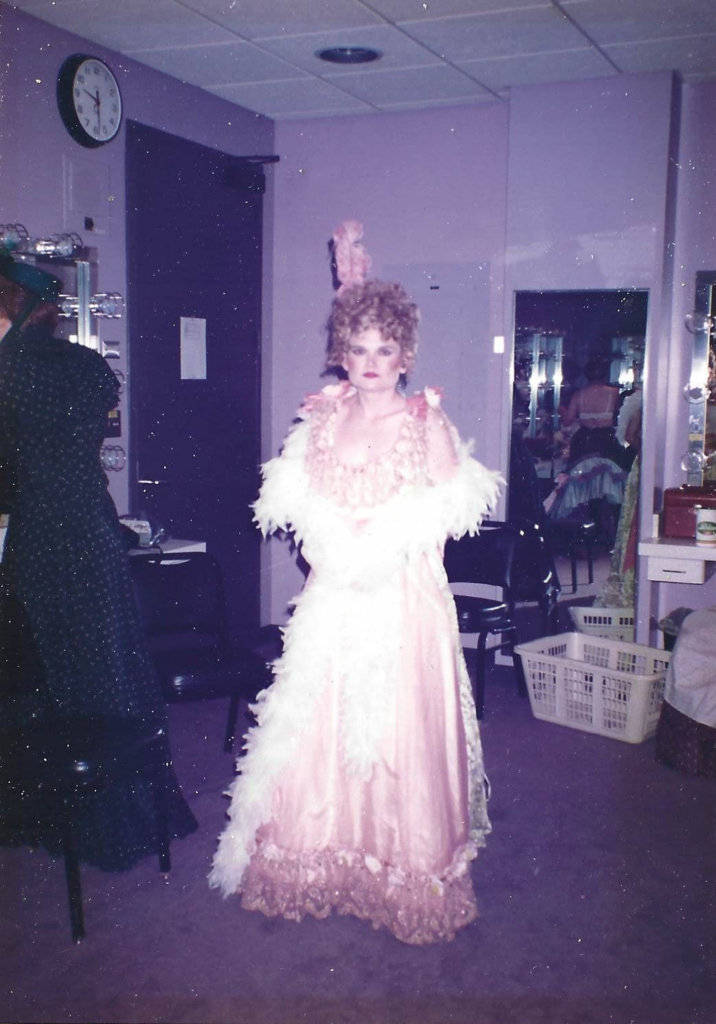Forensic Genetic Genealogy was recently introduced into court as an investigative lead in the trial of Patrick Leon Nicholas for the 1991 murder of high school senior Sarah Yarborough in Federal Way, WA as a way to address privacy concerns that the defense raised related to the state constitution. This landmark case has brought to the forefront important issues concerning the relevance of introducing FGG in court. FGG can only produce investigative leads; ultimately legal identification depends on an STR match to crime scene DNA.
Although many potential jurors are aware of this technology and how it can be used to solve cold cases, it is important to explore privacy considerations and opinions related to FGG beginning in voir dire. Jurors may have strong reactions, both positive and negative, to the use of this technology in criminal cases. Thus, concerns about genetic privacy and potential police overreach should be explored during jury selection in order to seat a fair and impartial jury. During trial, a qualified, competent expert witness should be more than capable of responding to these issues, so long as privacy policies and terms of use were complied with by investigating agencies.
Even so, an expert witness must meet ANAB and OAS standards, which brings up additional concerns over the lack of training and professional background of FGG practitioners. An expert is viewed, not as a subject matter expert in a narrow sense, but as a person qualified by knowledge, skill, experience, training, or education, that is, a practitioner broadly defined as an expert by his education and relevant work experience. At present the FGG community offers many training courses in genetic genealogy, but there are few in professional development in a larger sense, and very few, if any, covering expert witness testimony. Practitioners called to testify in the near future will have little experience preparing for testimony, and no knowledge of what to expect.
In her presentation at ISHI 34 this year, Colleen will cover developments in the Yarborough homicide relevant to FGG, from 2011, when Y-STR FGG was first suggested as a means of discovering the offender’s name, through the 2019 identification of Patrick Nicholas as a suspect using autosomal SNP testing. She will discuss the reasons why FGG was introduced into the case, the defense strategy, the testimony provided by the expert witness, and the jury’s decision to convict Patrick Nicholas of murder in the first degree with special circumstances and murder in the second degree.
What is one key learning that attendees will be able to take back to the lab and implement based on your presentation?
An overview of the many aspects of FGG that play into its introduction to the court system.
Do you think anything in your presentation will surprise the audience? If so, can you give us a teaser?
Not sure until I create the talk. I generally think of something clever.
Who in the audience will benefit most from your presentation? If someone was interested in learning more about your topic, do you have recommendations for resources?
Members of the FGG community concerned with how it’s moving into court – this includes mostly practitioners and attorneys, some lab people.
What inspired you to seek out a career in the forensic field?
I didn’t seek out FGG. I invented it.
If you could go back in time, what advice would you give to your younger self as you were starting out?
To understand the impact that what I did would have on forensics.
If you had to pick one thing, what do you enjoy most about your job?
Solving the puzzle.
If you currently work in the lab, or have in the past, what’s the weirdest thing you’ve ever collected DNA from?
I’d like to hear the answers to that….I can only imagine….
If you’ve attended ISHI in the past, what do you most enjoy about coming to the conference?
OMG. Everything. I love catching up with colleagues in person, to absorb the buzz, to hear the latest developments, to talk to people about what we think is going to happen next. My first ISHI was in 2009. At that time, I’d tell people I was a forensic genealogist and they’d say, “You are a forensic WHAT?”
What is one item on your bucket list? Have you checked if off yet?
More than one – To win a McArthur Foundation Genius Grant, to be invited to do a TED Talk on FGG, to travel first first first class to somewhere international where I’ve never traveled before (Latvia, Lithuania are candidates).
And by the way, if you get to talk to the McArthurs, please don’t forget to mention my name!
What’s one thing that others may not know about you?
I’ve been in three operas. Two were in a small town in Texas so that everyone who showed up got to sing. The third was as an extra in a production of La Boheme by Opera Pacifica – I played a floozy who was thrown out of a bar.
WOULD YOU LIKE TO SEE MORE ARTICLES LIKE THIS? SUBSCRIBE TO THE ISHI BLOG BELOW!
SUBSCRIBE NOW!



